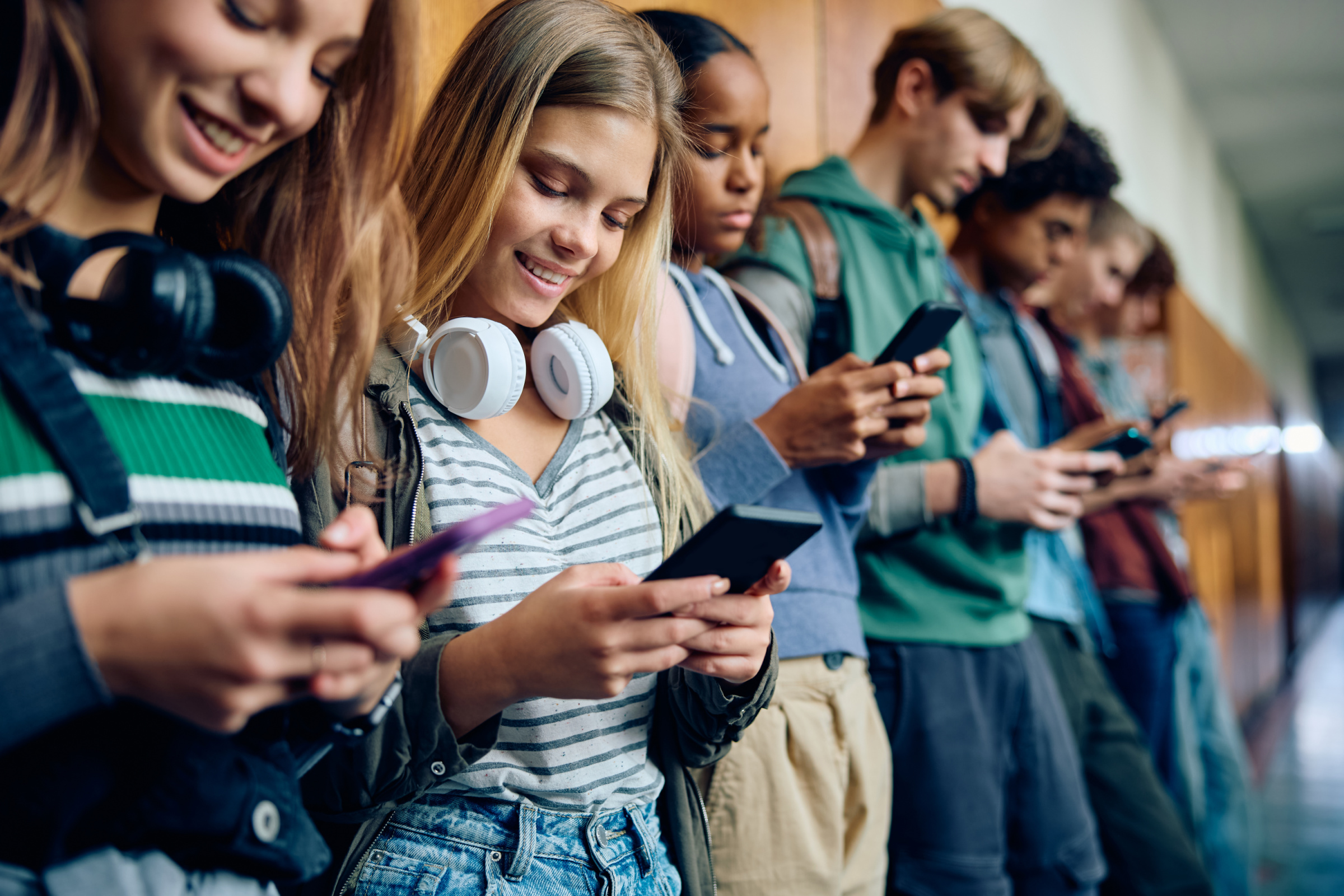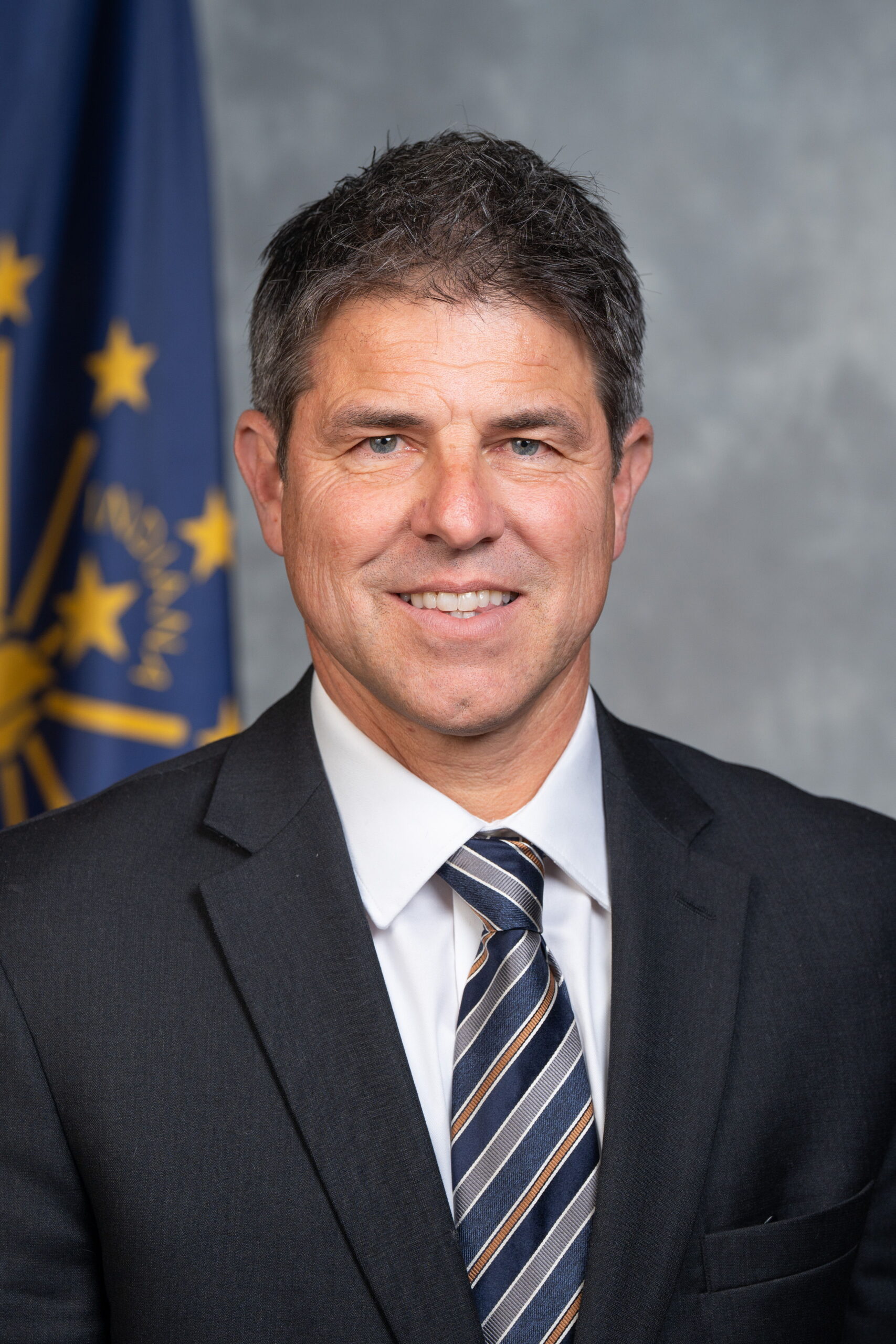Florida Bill Seeks Comprehensive Ban on Student Cell Phone Use During School Day

A new bill introduced by Florida State Representative Demi Busatta Cabrera seeks to prohibit students from using wireless communications devices throughout the entire school day, extending beyond the current restriction of only instructional periods. The proposed legislation, HB 949, would also require district school boards to designate specific locations within school buildings where students can use their cell phones with the permission of a school administrator.
This bill is being introduced amid a growing national call to ban mobile phones in schools, as educators and lawmakers recognize the negative effects that constant access to cell phones can have on student focus and academic performance. Studies have shown that mobile phone use in educational settings leads to significant distractions. For instance, research has found that media multitasking, such as using social media during class, is linked to lower academic performance. A 2015 study indicated that students who frequently engage with their mobile devices during school have lower GPAs than their peers who are less distracted.
In an interview with The Floridian, Rep. Busatta Cabrera explained that the bill was designed to address these issues by expanding the restriction on cell phone use throughout the entire school day. “This bill prohibits students from using wireless communication devices during the school day rather than just during instructional time. It also requires schools to designate locations within the school building where students can use their cell phones with the permission of a school administrator,” she said.
The legislation is part of a wider movement across the country, with multiple states exploring similar policies to curb the influence of smartphones in schools. Nationally, there is growing consensus that cell phone use not only detracts from students’ attention in class but also contributes to a rise in bullying. In fact, various reports have linked mobile phone use to an increase in incidents of harassment among students, further compounding the challenges schools face in maintaining a productive and safe learning environment.
However, there is also significant opposition to policies like this, with critics arguing that banning or severely restricting cell phone use in schools fails to acknowledge the broader benefits of mobile technology. Some parents and educators assert that cell phones can serve as valuable educational tools when used appropriately. Proponents of allowing students to keep their phones during the school day argue that mobile devices can facilitate communication during emergencies, help students access online learning resources, and assist those with special needs in managing their schoolwork.
Opponents also highlight concerns that such restrictions may disproportionately affect students in low-income households, who may rely on their phones as their primary means of communication with family members. Critics suggest that banning cell phones entirely could exacerbate inequalities and make it harder for students to maintain connections with parents or guardians, especially in the case of emergencies.
The bill passed the Education Administration Subcommittee with unanimous support, earning a 17-0 vote. It will now proceed to the Education and Employment Committee for further consideration. If passed by the full legislature, HB 949 is set to take effect on July 1, 2025.
As this bill moves forward, it is part of a broader conversation happening nationally about the impact of smartphones in schools. As more districts consider bans on student cell phone use, the potential benefits of such policies – including reduced distractions and improved student outcomes – will likely continue to fuel this ongoing debate. However, those who oppose such measures will continue to raise concerns about the balance between regulation and the responsible use of technology in education.
This legislation is a step toward addressing the concerns that have been raised over the past several years about the role mobile devices play in the classroom and how their use can detract from students’ education. If successful, it will set a precedent for other states considering similar measures to protect the focus and well-being of students in the digital age.
RECENT










BE THE FIRST TO KNOW
More Content By
Think American News Staff











